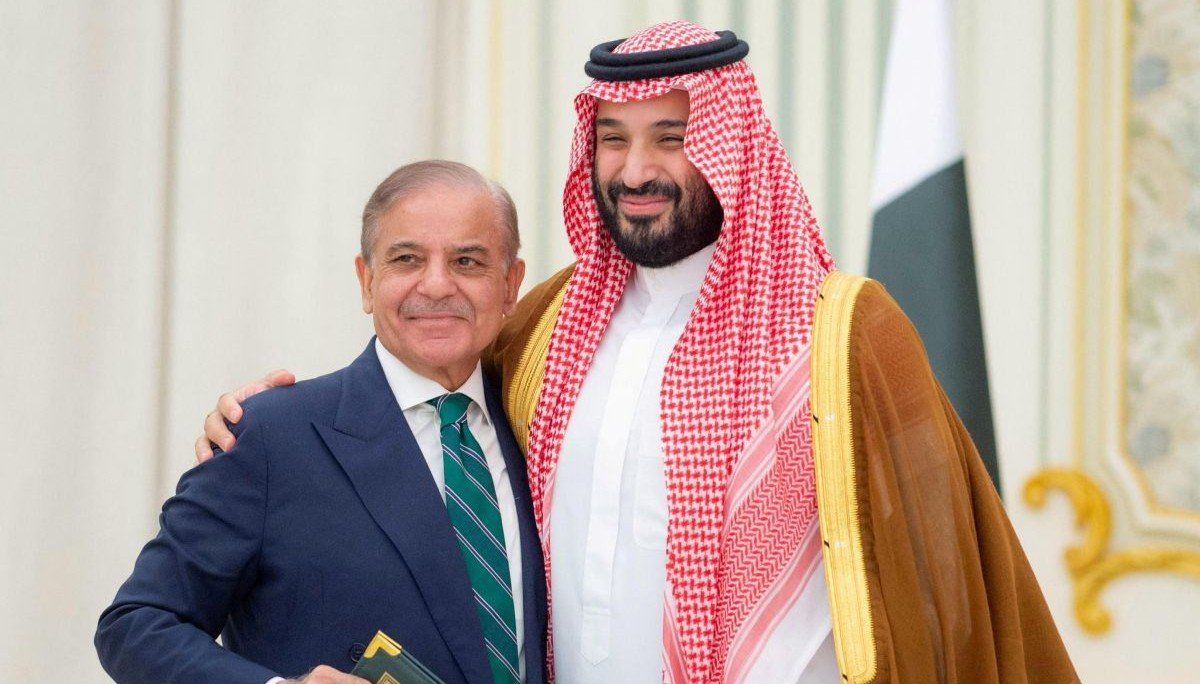Saudi Arabia signs defense pact with nuclear-armed Pakistan
Following years of negotiations, Saudi Arabia and Pakistan bolstered their long-standing security partnership by signing a mutual defense pact on Wednesday. It’s not clear whether the deal obliges Pakistan, which boasts the largest army in the Islamic world, to provide Riyadh with a nuclear umbrella. The announcement comes as Gulf States have become increasingly skeptical about whether they can rely on the US to protect them – Israel’s attempt to kill Hamas leaders in Qatar is a case in point. Riyadh reportedly didn’t inform Washington of the pact until after it was signed.
Italy passes first AI law
Italy has passed the EU’s first comprehensive AI law, imposing prison terms for harmful uses like deepfakes and requiring parental consent for children under 14 to access AI. The legislation, aligned with the EU AI Act, mandates transparency, human oversight, and stricter rules for sectors such as healthcare, education, and justice. Prime Minister Giorgia Meloni calls the law a “human-centric” framework to protect rights, promote innovation, and ensure AI develops within ethical boundaries while combating fraud and misuse. It also allocates €1 billion to fund AI and cybersecurity ventures.
Jimmy Kimmel taken off air for Charlie Kirk comment
ABC has pulled
Jimmy Kimmel’s late-night show
“indefinitely” after his remarks about the suspect in conservative activist Charlie Kirk’s killing sparked backlash. The FCC, whose independence has been questioned since Donald Trump took office, urged stations to stop airing the program. Nexstar Media Group, which is currently seeking FCC approval for a $6.2 billion merger, dropped the show on its 32 ABC affiliates. While Sinclair, the largest ABC affiliate group, vowed not to air the show unless “appropriate steps” are taken. The controversy coincides with concerns that a forthcoming executive order on political violence and hate speech could threaten free speech.
